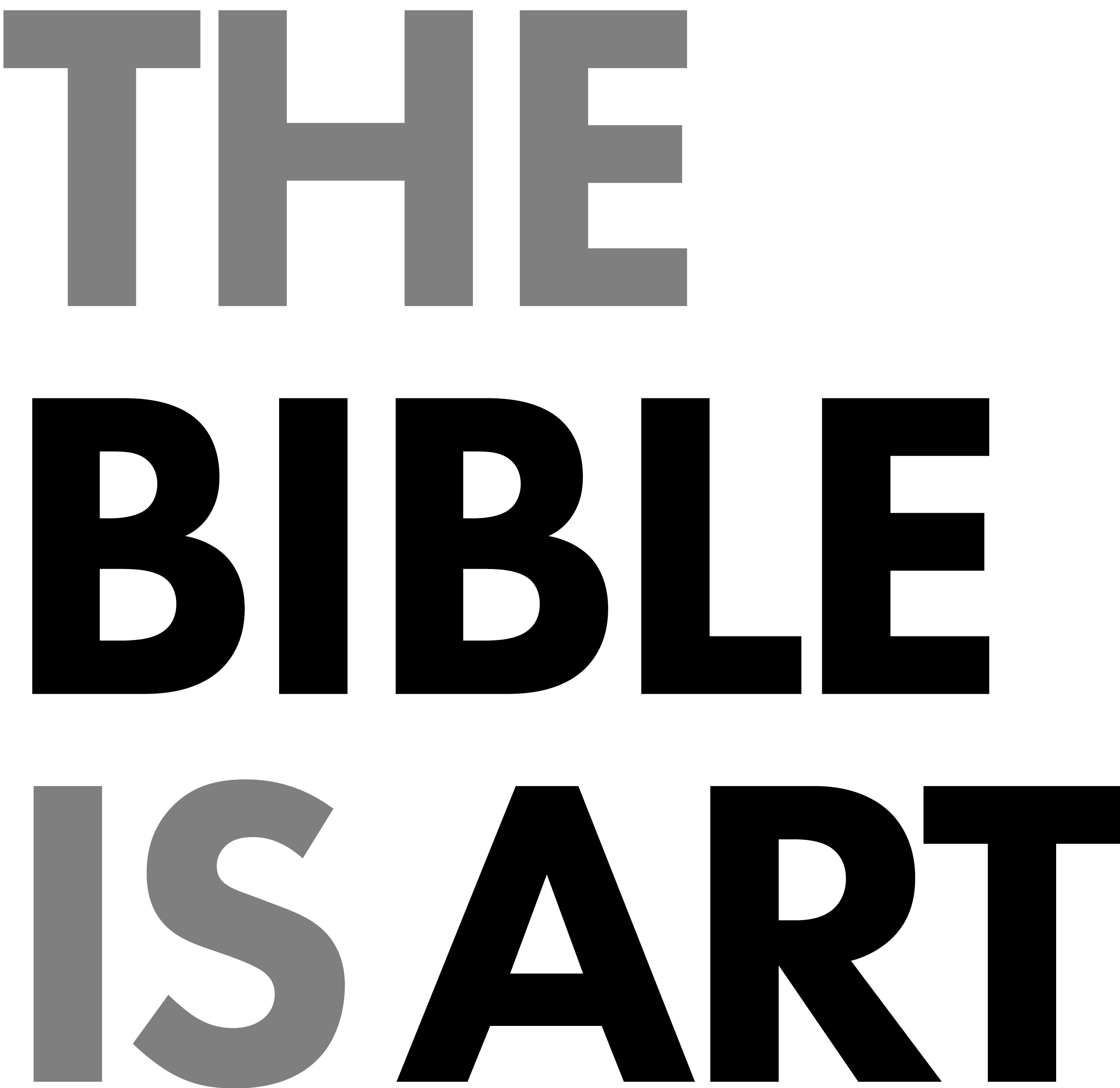Why The Priests Buy a Field with Judas' Money
When morning came, all the chief priests and the elders of the people took counsel against Jesus to put him to death. And they bound him and led him away and delivered him over to Pilate the governor. Then when Judas, his betrayer, saw that Jesus was condemned, he changed his mind and brought back the thirty pieces of silver to the chief priests and the elders, saying, "I have sinned by betraying innocent blood." They said, "What is that to us? See to it yourself." And throwing down the pieces of silver into the temple, he departed, and he went and hanged himself. But the chief priests, taking the pieces of silver, said, "It is not lawful to put them into the treasury, since it is blood money." So they took counsel and bought with them the potter's field as a burial place for strangers. Therefore that field has been called the Field of Blood to this day. Then was fulfilled what had been spoken by the prophet Jeremiah, saying, "And they took the thirty pieces of silver, the price of him on whom a price had been set by some of the sons of Israel, and they gave them for the potter's field, as the Lord directed me." - Matthew 27:1-10
This might seem like a strange text. Why talk about the chief priests buying a field with money from betraying Jesus? But this is the last of 12 fulfillment sayings in Matthew where something will happen and then Matthew will say that this fulfills something from the Old Testament and then he’ll quote it.
There’s debate about precisely what text he’s referring to. The three main candidates are Jeremiah 32, Jeremiah 18, and Zechariah 11. The wording is closest to Zechariah 11:12-13, but Matthew says it’s from Jeremiah. It was a common rabbinic practice to put two texts together and attribute it to only one author, you can see this in Mark 1 where he combines Malachi 3 and Isaiah 40 and just says it’s from Isaiah. It’s just a shorthand.
I believe Matthew is referring to Jeremiah 32 and Zechariah 11 and it’s wonderful. In this blog I'm going to focus on Jeremiah 32.
The big picture of this passage is that Judas gives back the money that he was given to betray Jesus and the chief priests buy a field with it. Matthew tells us that that fulfills a similar situation in the Old Testament where someone buys a field, that is, in Jeremiah 32.
In Jeremiah 32, Jeremiah is supposed to buy a field while the siege of Jerusalem is happening. This is the end of Israel and Jeremiah is told to buy property. Seems a bit strange.
But there’s a positive and negative side to this. Positively, if you buy property that means you have some hope that you will have it after the city is destroyed. Negatively, this happened during the end of Israel, Israel is about to be exiled. So it’s the end and the beginning, the end of Israel but with property.
The same situation that happened in Jeremiah is happening now. It is the end of Israel, but also the beginning. The fullness of exile happens when Jesus dies, but it is also the beginning of a new Israel. Just as the purchase of the field happened during the demise of Israel, so it will be here. Matthew demonstrates how Jesus is a new Israel, doing the same actions Israel: attacked as a baby boy, like the Israelite boys in the Exodus, baptized in the Jordan river, tempted in the wilderness, brought to a mountain (the sermon on the mount), and much much more.
The difference is that Jesus will not fail where Israel failed but will take the punishment of Israel’s failures, exile, on himself. But the purchase of the land is a foreshadowing that the death of exile is not the end, there will be earth on the other side.
Notice another detail from Matthew. The field that is purchased is said to be the place to bury strangers and a field of blood. The money that was used to betray and ultimately kill Jesus was used to buy a field that is for the bodies of strangers. That is the new land that is bought with the money from Jesus’ betrayal to death. Jesus’ enemies are unwittingly doing his work.
Interestingly, the other place where “field” is thematically important is in Matthew 13 where it is used 7 times in the parables about the kingdom. The field is the place where the treasure is buried. And here, in Matthew 27, the money for Jesus’ death will purchase a field where there will also be treasure buried, strangers.
In the next chapter, after Jesus is resurrected he will commission his disciples and tell them to go into the world and make disciples of all nations. That is, they are to dig up the treasure of people in the field of the world that have been bought by Jesus.
